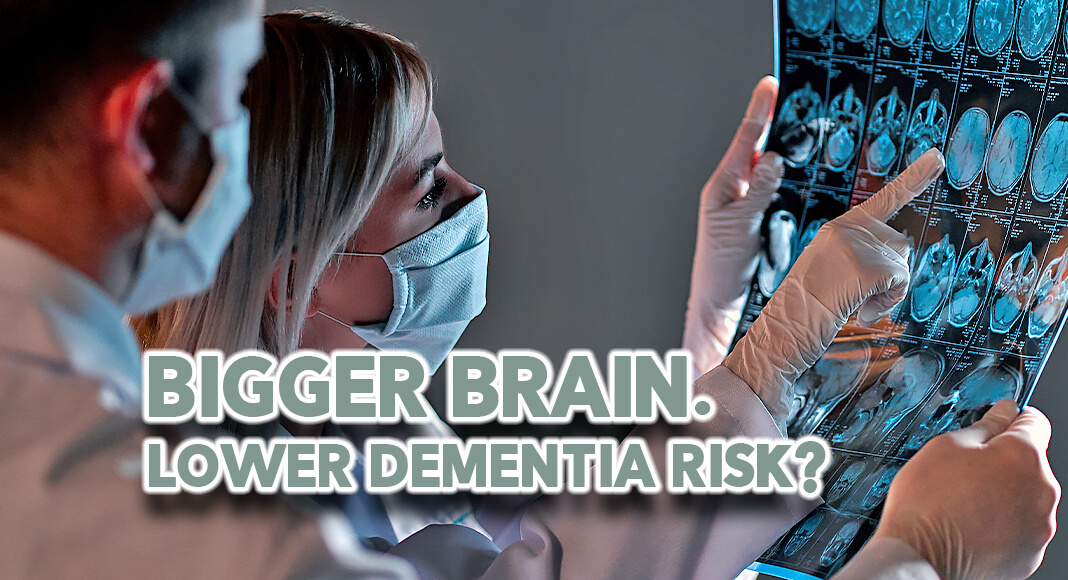
Medical News Today
- Dementia is a growing problem worldwide, with numbers predicted to almost triple over the next 30 years.
- The rise is generally attributed to the growing and aging population, but lifestyle can also contribute.
- However, a new study suggests there may be some good news in the field of dementia.
- It found that people’s brains have been getting larger over the past 100 years, and this increased brain reserve could, potentially, reduce the risk of age-related dementias.
Follow the link below to Medical News Today to read the full story:
https://www.medicalnewstoday.com/articles/human-brains-are-getting-larger-could-this-mean-lower-dementia-risk?slot_pos=article_1&utm_source=Sailthru%20Email&utm_medium=Email&utm_campaign=MNT%20Daily%20News&utm_content=2024-04-04&apid=&rvid=4ba4ec80177cae00eabc43b8bc6648d598c4a356d104663735777e0a0f8b5c9f
Information Source: https://www.medicalnewstoday.com









